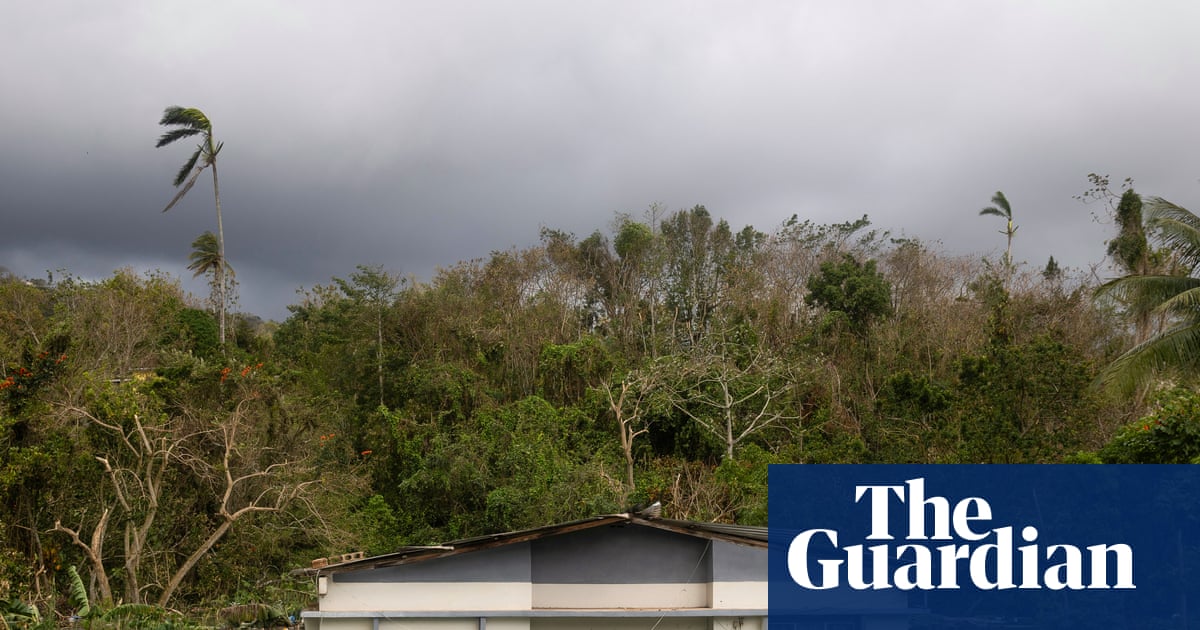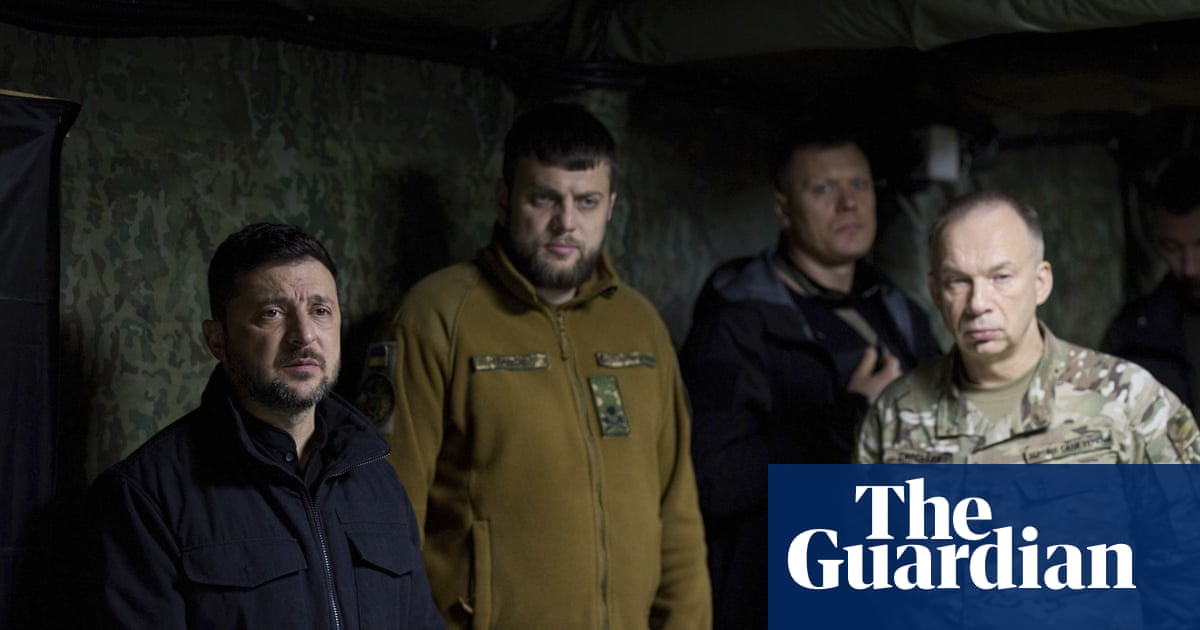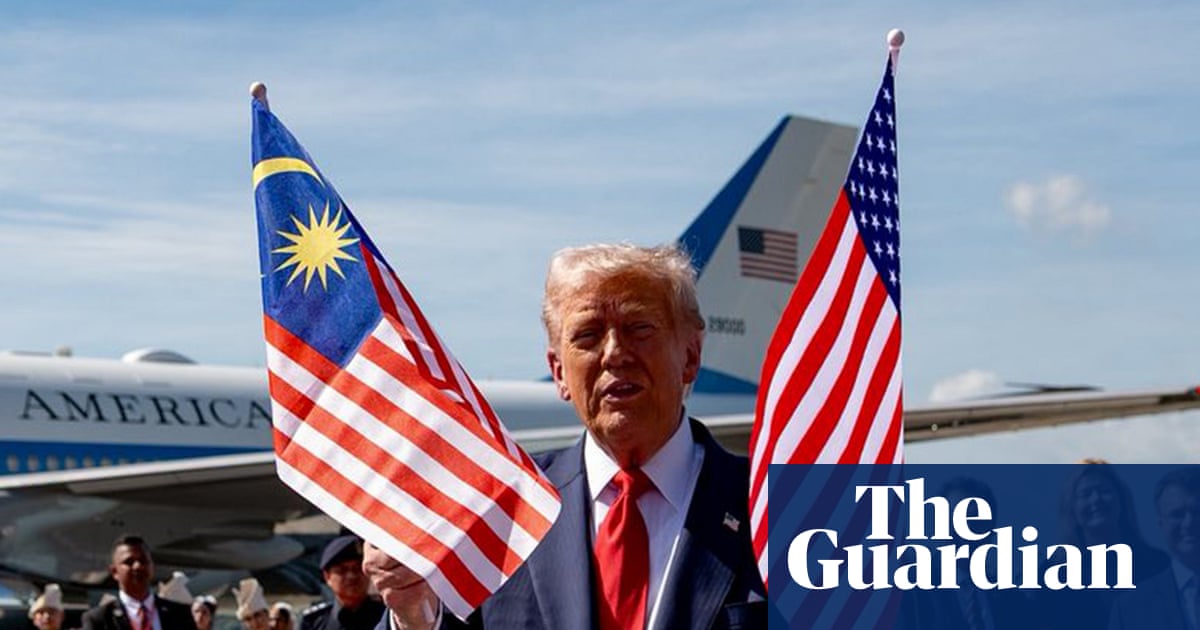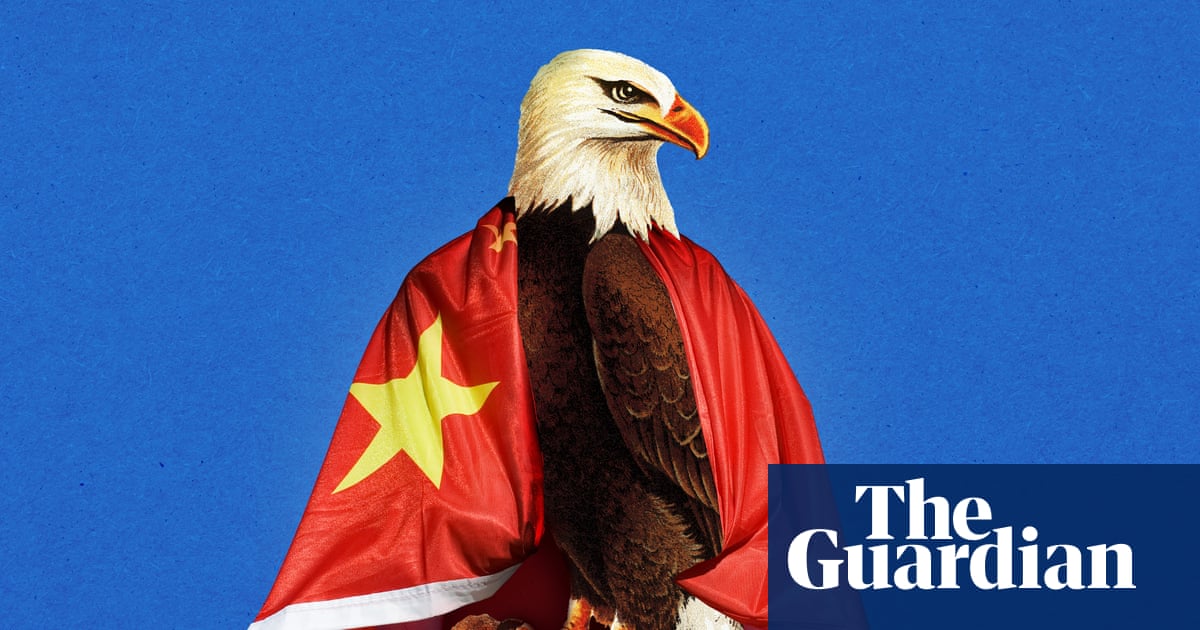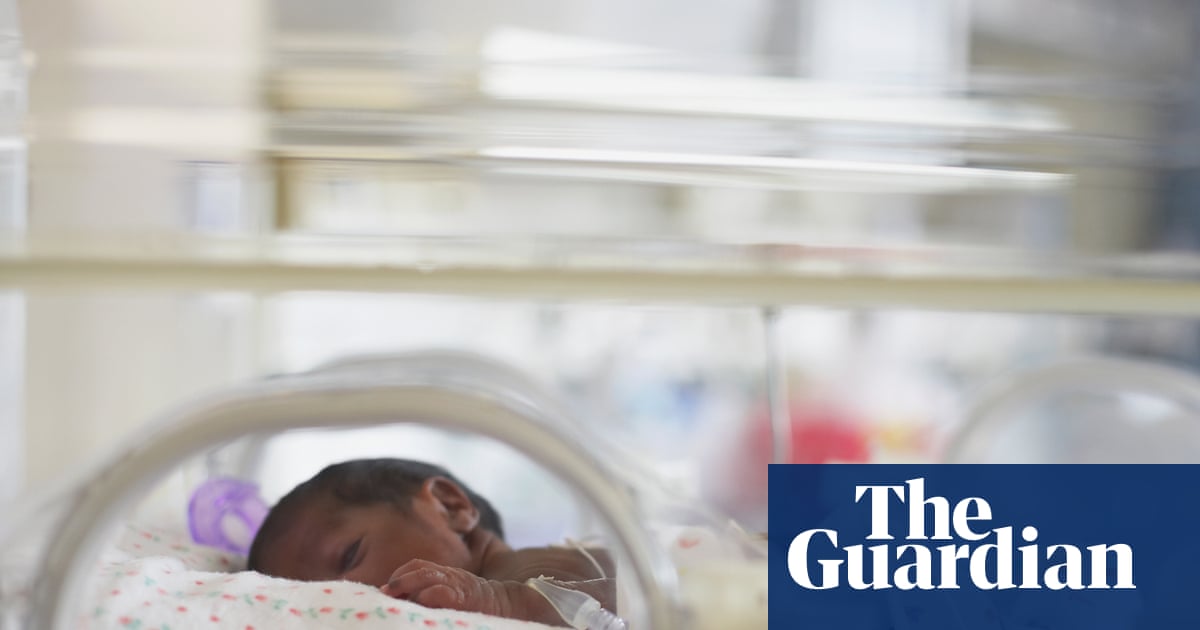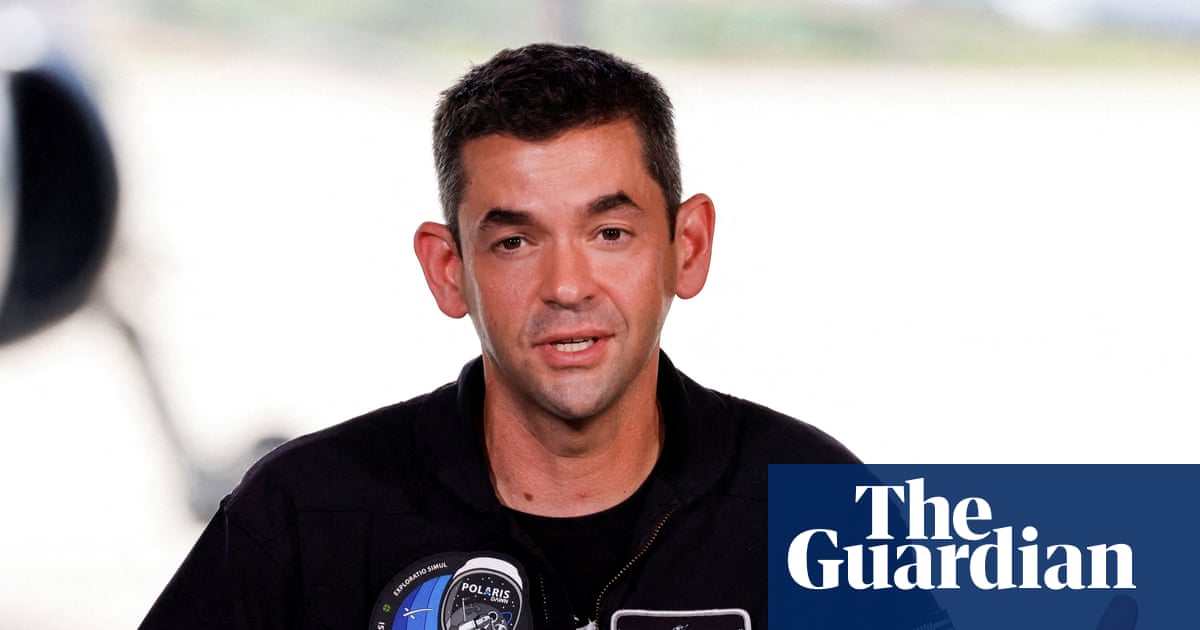Keir Starmer will welcome Germany’s chancellor, Friedrich Merz, to Downing Street on Thursday to sign a new bilateral treaty that promises tighter action on smuggling gangs, expanded defence exports and closer industrial ties between the UK and Germany.
The bilateral friendship and cooperation treaty marks the latest phase of Starmer’s bid to rebuild Britain’s influence in Europe – without reopening formal ties with the EU.
The treaty includes a German commitment to make it illegal to facilitate unauthorised migration to the UK, closing off a key supply route used by smugglers operating from German territory. UK officials say the new law, expected to be passed by the end of the year, will give police and prosecutors the tools to target warehouses and logistical hubs used to store small boats and engines linked to Channel crossings.
Police will be able to raid warehouses, seize assets and arrest facilitators even where no migrants are present, a move the UK government says will significantly disrupt the supply chain behind dangerous Channel crossings.
This is a relatively late first visit for a German chancellor to the UK. Merz took office in May but officials on both sides say the delay was deliberate.
In his first week, Merz travelled to Kyiv with Starmer, the French president, Emmanuel Macron, and the Polish prime minister, Donald Tusk, in a show of European unity. London and Berlin agreed Merz’s visit should coincide with the signing of the treaty.
It is expected to be focused on mutual security, including cyber and hybrid attacks, stating that “there is no strategic threat to one which would not be a strategic threat to the other”.
A senior German official stressed the treaty is not intended to “replace” Nato guarantees or interfere with a future UK-EU security arrangement, but added that Brexit had left “gaps” in coordination that needed to be filled.
The agreement will also reaffirm an earlier plan to co-develop long-range weapons systems – following the Trinity House agreement in December – and includes new measures to improve youth and academic mobility.
A senior German official said: “We will enable visa-free school group travel between the UK and Germany, increasing opportunities for language, cultural and academic experiences. We will introduce the new programme by the end of 2025.”
The official added that both governments would “convene a joint expert group” to explore broader mobility solutions for “educational and scientific institutions, cultural institutions and political organisations”. While the scheme could serve as a future model for EU-UK cooperation, the official confirmed it would apply only to Germany for now.
While the war in Gaza is not on the formal agenda, officials said the fallout from Donald Trump’s latest remarks on Russia – delivered just hours before Merz’s departure – could surface in private discussions.
after newsletter promotion
Berlin is increasingly concerned about the shifting transatlantic landscape, particularly the prospect of a second Trump administration weakening Nato cohesion or undermining European deterrence strategy.
The treaty’s timing, one official noted, reflects “a need to adjust and renew” the UK-Germany relationship in a world where the US role in European security is, at best, in motion.
The bigger picture for Starmer is that these back-to-back agreements with Paris and Berlin suggest a light activation of Europe’s informal “E3” grouping–with London, Paris and Berlin coordinating more closely on migration, defence and strategic competition.
For Merz, the visit offers a platform to show leadership abroad as his fragile CDU/CSU-SPD coalition faces internal strains.
The coalition is under pressure to deliver on its promise to revive economic growth after a prolonged downturn and to ramp up defence spending amid concerns over Russian aggression. With the far-right AfD gaining traction, the visit provides an opportunity to portray competence and reinforce Germany’s industrial and security networks beyond the EU.

 3 months ago
100
3 months ago
100

